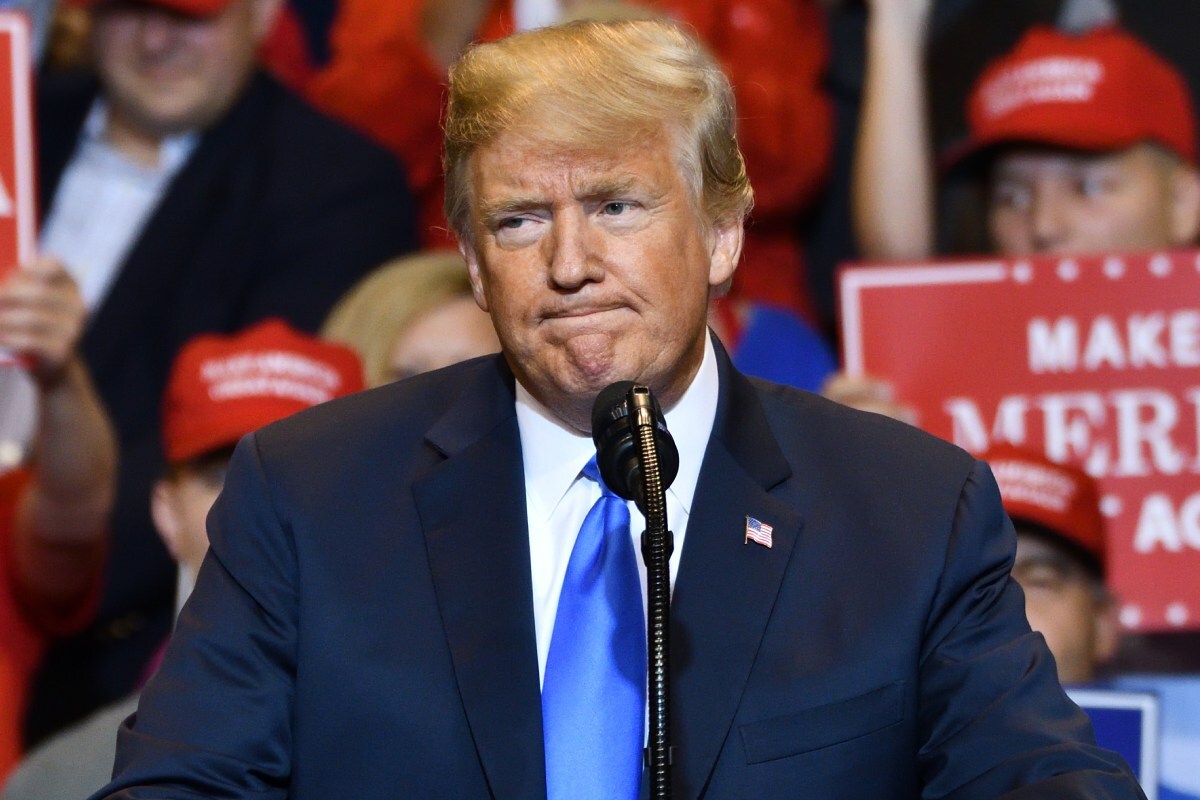
Beyond the tough-on-trade headlines, President Trump’s tariff policies have done little to reshape America’s trade dynamics. While they’ve rattled investor confidence, the impact on federal revenue has been marginal, highlighting the challenge of undoing decades of globalization.
In May, U.S. tariff revenue surged 270% year-over-year to a record $23 billion. Yet, as The Kobeissi Letter noted, this “barely made a dent in the deficit.” That same month, the U.S. Treasury reported a $316 billion budget deficit — the third-largest ever recorded for a single month.
For fiscal year 2025, the budget shortfall now stands at $1.37 trillion, making it the third-largest in U.S. history.
“The 12-month federal deficit now stands at $2.0 trillion, or 6.7% of GDP, up from 6.1% a year ago,” The Kobeissi Letter said. “The deficit spending crisis is worsening.”
BREAKING: The US Treasury posted a $316 billion budget deficit in May, the third-largest on record.
undefined The Kobeissi Letter (@KobeissiLetter) June 25, 2025
This comes as total government outlays rose 3% from YoY, to $687 billion, per ZeroHedge.
And, while tariff revenue surged 270% YoY, to a record $23 billion, it barely made a dent… pic.twitter.com/o7Ac7DvfgA
One of the biggest drivers of the growing imbalance is the soaring cost of financing the national debt.
By May, interest payments on the $36.2 trillion debt had reached $92 billion for the month and were expected to eclipse $1.2 trillion for the fiscal year, exceeding spending on every federal program except Social Security and Medicare, according to CNBC.
Looking ahead, the Congressional Budget Office (CBO) estimates the deficit could increase by $2.8 trillion over the next decade if President Trump’s sweeping tax-and-spending package is enacted.
While the so-called “Big, Beautiful Bill” may offer a short-term economic boost through tax cuts, the CBO warns it will ultimately balloon the deficit over the long run, deepening an already serious fiscal crisis.
U.S. federal debt approaching a point of no return, Ray Dalio warns
Billionaire investor and Bridgewater Associates founder Ray Dalio has long warned about the risks of unchecked fiscal imbalance, but now, he believes the U.S. may be nearing the point of no return.
Dalio has previously argued that the federal deficit — currently above 6% of GDP — must be cut in half within a few years to prevent a supply-demand mismatch in the bond market. If not, the flood of government debt could overwhelm investor appetite, sending interest rates sharply higher.
“We’re seeing this now,” Dalio told CNBC last week. “Central banks and foreign investors are buying [fewer bonds] and shifting to gold.”
Dalio said the only path to sustainably reducing the deficit involves politically unpalatable measures — namely, cutting government spending by 4% and increasing tax revenues by an equal amount.
According to him, only this kind of balanced fiscal adjustment would meaningfully shrink the deficit and likely lead to a natural decline in interest rates by 100 basis points or more.
These recommendations stand in stark contrast to President Trump’s approach, which involves pressuring the Federal Reserve to deliver 100-basis-point rate cuts.
Your email address will not be published. Required fields are markedmarked